I asked the newspaper men why they didn’t publish the facts about child labor in Pennsylvania.
They said they couldn’t because the mill owners had stock in the papers.
“Well, I’ve got stock in these little children,” said I, “and I’ll arrange a little publicity.” — Mother Jones, from the Autobiography of Mother Jones
On July 7, 1903, Mary Harris “Mother” Jones began the March of the Mill Children from Philadelphia to President Theodore Roosevelt’s Long Island summer home in Oyster Bay, New York, to publicize the harsh conditions of child labor and to demand a 55-hour work week.
During this march, Jones delivered her famed “The Wail of the Children” speech. Here are excerpts:
After a long and weary march, with more miles to travel, we are on our way to see President Roosevelt at Oyster Bay. We will ask him to recommend the passage of a bill by congress to protect children against the greed of the manufacturer. We want him to hear the wail of the children, who never have a chance to go to school, but work from ten to eleven hours a day in the textile mills of Philadelphia, weaving the carpets that he and you walk on, and the curtains and clothes of the people.
In Georgia where children work day and night in the cotton mills, they have just passed a bill to protect song birds. What about the little children from whom all song is gone?
The trouble is that the fellers in Washington don’t care. I saw them last winter pass three railroad bills in one hour, but when labor cries for aid for the little ones they turn their backs and will not listen to her. I asked a man in prison once how he happened to get there. He had stolen a pair of shoes. I told him that if he had stolen a railroad he could be a United States Senator. One hour of justice is worth an age of praying.
Roosevelt refused to see them.
Below are resources to teach labor history.
Also, listen to “8 Hours,” a song by Joe DeFilippo, a Baltimore songwriter and retired social studies teacher. Performed by the R. J. Phillips Band.

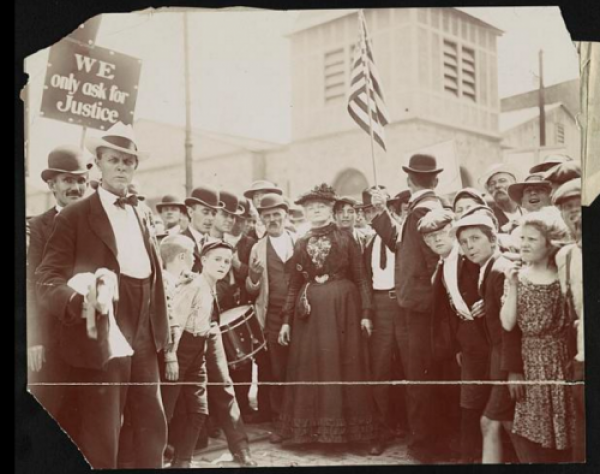
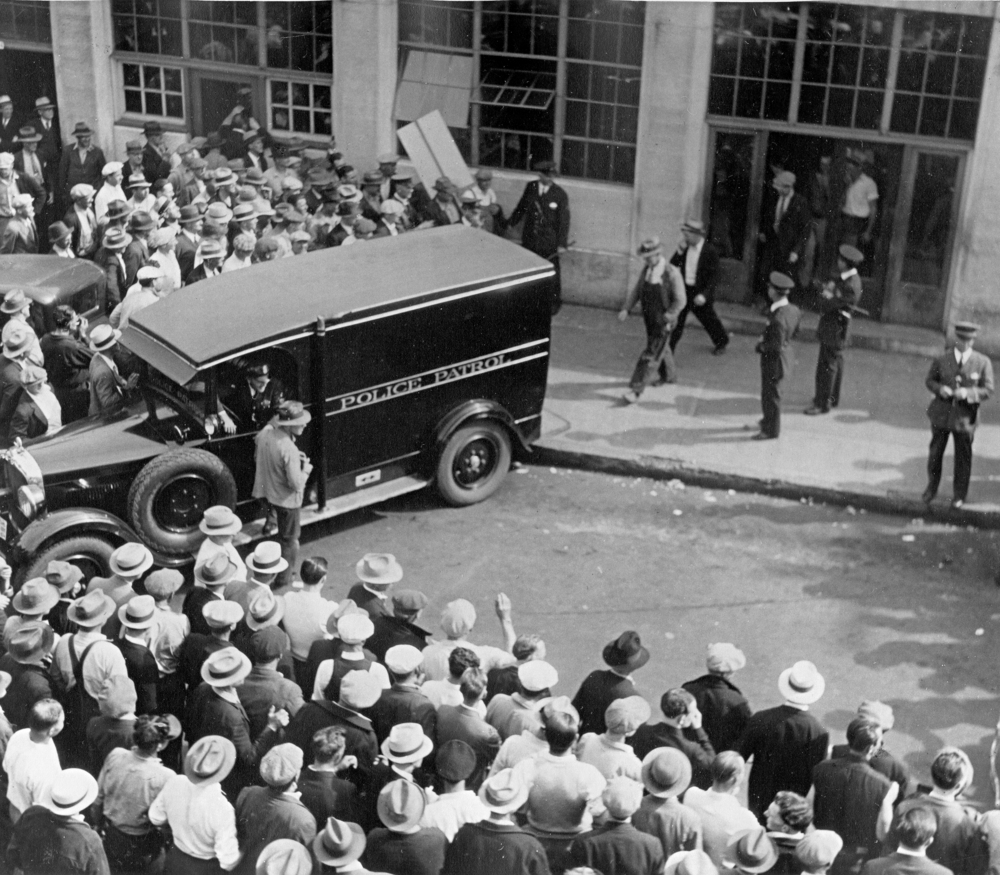
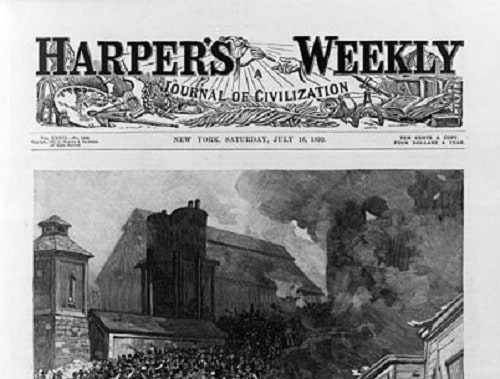


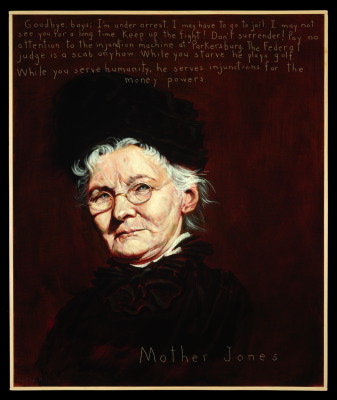
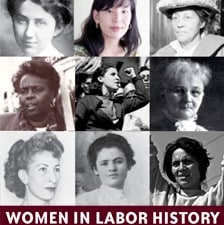





Twitter
Google plus
LinkedIn